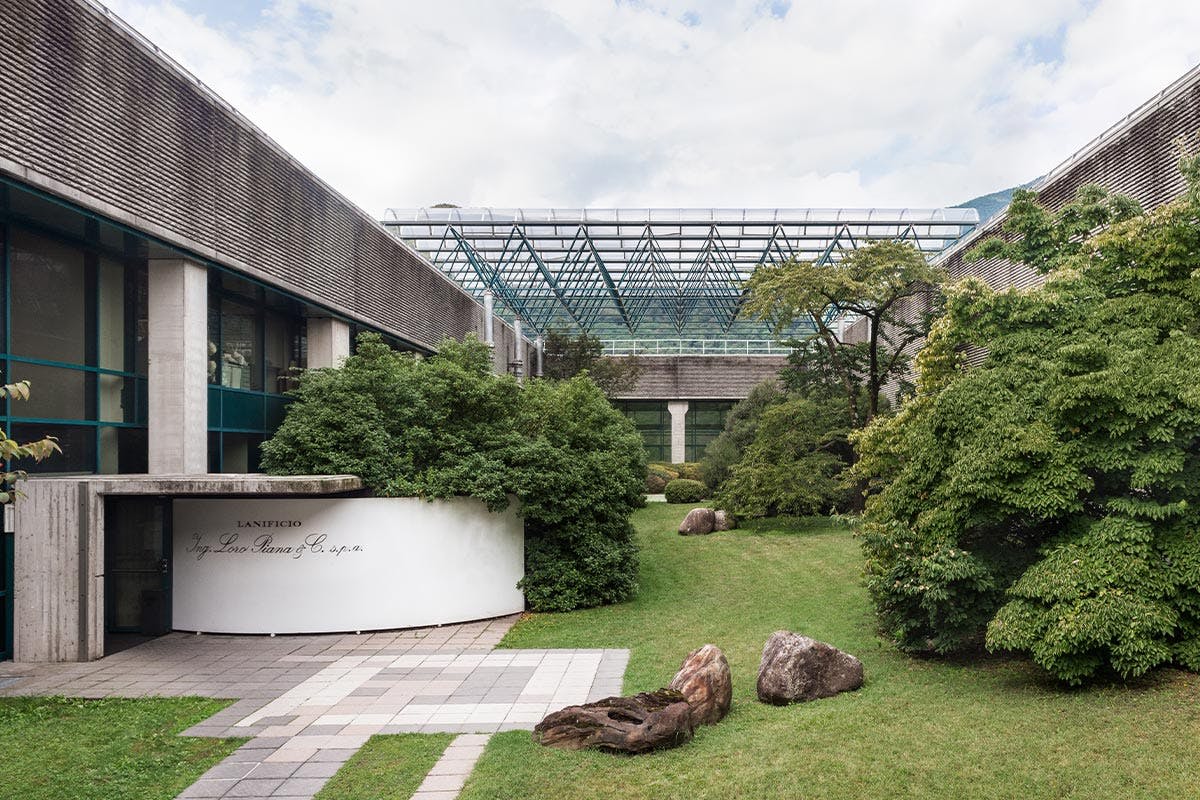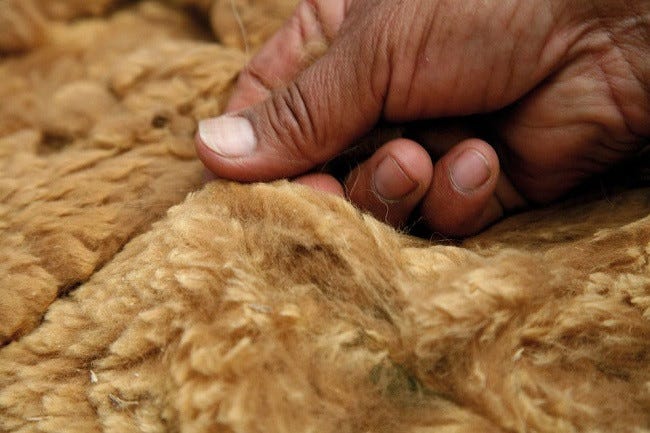Loro Piana's Legal Troubles
The luxury brand is under fire for poor working conditions for factory employees
Loro Piana has been exalted as one of the best luxury clothing brands in modern history. They create incredible pieces using the highest quality raw materials in every step of the process. They’re able to flawlessly connect to their wealthy customer base and aspirational customers, and was at the forefront to usher in the era of quiet luxury. From being an “If You Know, You Know” brand to getting recognition from every major media outlet, everything they’ve done has been so well put together that it seemed effortless. Now we’re starting to sing a different tune after a recent investigation found that their suppliers have been severely mistreating and underpaying their staff.
Loro Piana was founded in the early 1800s. The company started off as wool merchants but were considered best in class. Generations later, Franco Loro Piana set the stage by expanding the company into different fabrics but keeping the brand as best in class. The turning point came in the 70’s when his sons Sergio and Luigi Pier Loro Piana took over and shifted the company into creating their own luxury goods. They didn’t rush through expansion as we’ve seen plenty of heirs do successfully, but instead did it slowly and methodically so as not to lose the craftsmanship angle. Even when they opened the first storefront in the early 90’s in Italy, the shop was very discreet as they wanted to attract people who valued quality over brand. As they grew, Loro Piana was always strict on ensuring there was a sustainable supply chain and have even gone as far as helping to protect the animals from which their products are derived. LVMH acquired an 85% stake in the company worth $2.57 billion in 2013.
The recent investigation states one of Loro Piana’s vendors had been making their employees work 90 hour weeks for as little as £4 per day. Some of these workers were staying in the factory for days on end and sleeping in makeshift bedrooms within the factory. Loro Piana representatives have commented saying they were not aware of what these subcontractors were doing and do not support the mistreatment of factory employees. While not a specific violation in legal terms, last year they were found to have contributed very little to the small town where they have been sourcing one of their most popular fabrics (vicuña wool) from for decades. “The increased supply seems to have increased demand, and Loro Piana’s prices keep rising. The rate paid to the people of Lucanas for raw fiber, however, has fallen 36 percent in the past decade. In 2018 a government-commissioned study found that 80 percent of those living in the town said they hadn’t benefited from the community’s participation in the trade.”1 They’ve clearly forced a race to the bottom for what they’re willing to pay indigenous people for a raw material that’s propped up their business for generations.
This is the second time in the last 12 months that an LVHM-owned brand has been on the hot seat because of the dealings of their subsidiaries. In July of last year, Dior was under investigation for human rights violations and a few months ago was forced to pay $2.3 million over the next five years to its victims. The Italian government more broadly has been cracking down on luxury brands that do business within their borders. The Made in Italy moniker is critically important and, given how much manufacturing adds to their economy each year, they’re taking several measures to ensure they’re doing everything to protect it. Furthermore, the European Union has implemented strict sustainability measures that member countries need to follow and part of the CS3D initiative includes making sure companies are doing due diligence around any vendors and subcontractors they work with.
The ironic part about this entire story is that if you were to google any information about Loro Piana’s factory before this news broke, you’d find several articles from reputable sources and publications that discuss the factory’s meticulous production process. How they imported the finest raw materials from various countries around the world and how much care and craftsmanship was put into each item before it heads to the storeroom floor or a distribution warehouse. We see now that this was just posturing to hide the fact that their team and LVMH isn’t doing nearly enough to protect the people who help produce their beloved clothing.
The Business of Fashion; Loro Piana’s $9,000 Sweaters Rely on Unpaid Farmers in Peru




So fascinating. Enjoyed this read!